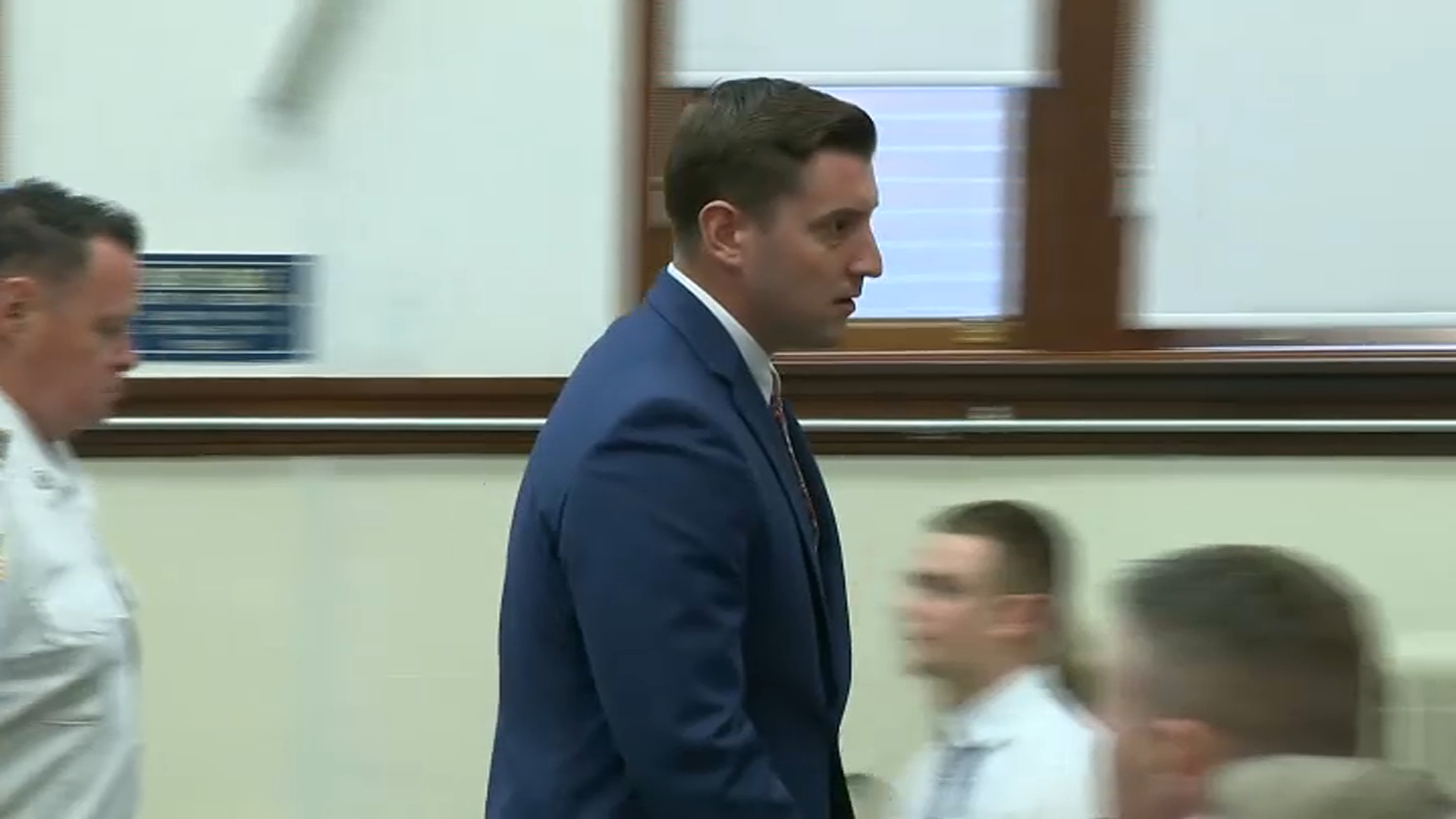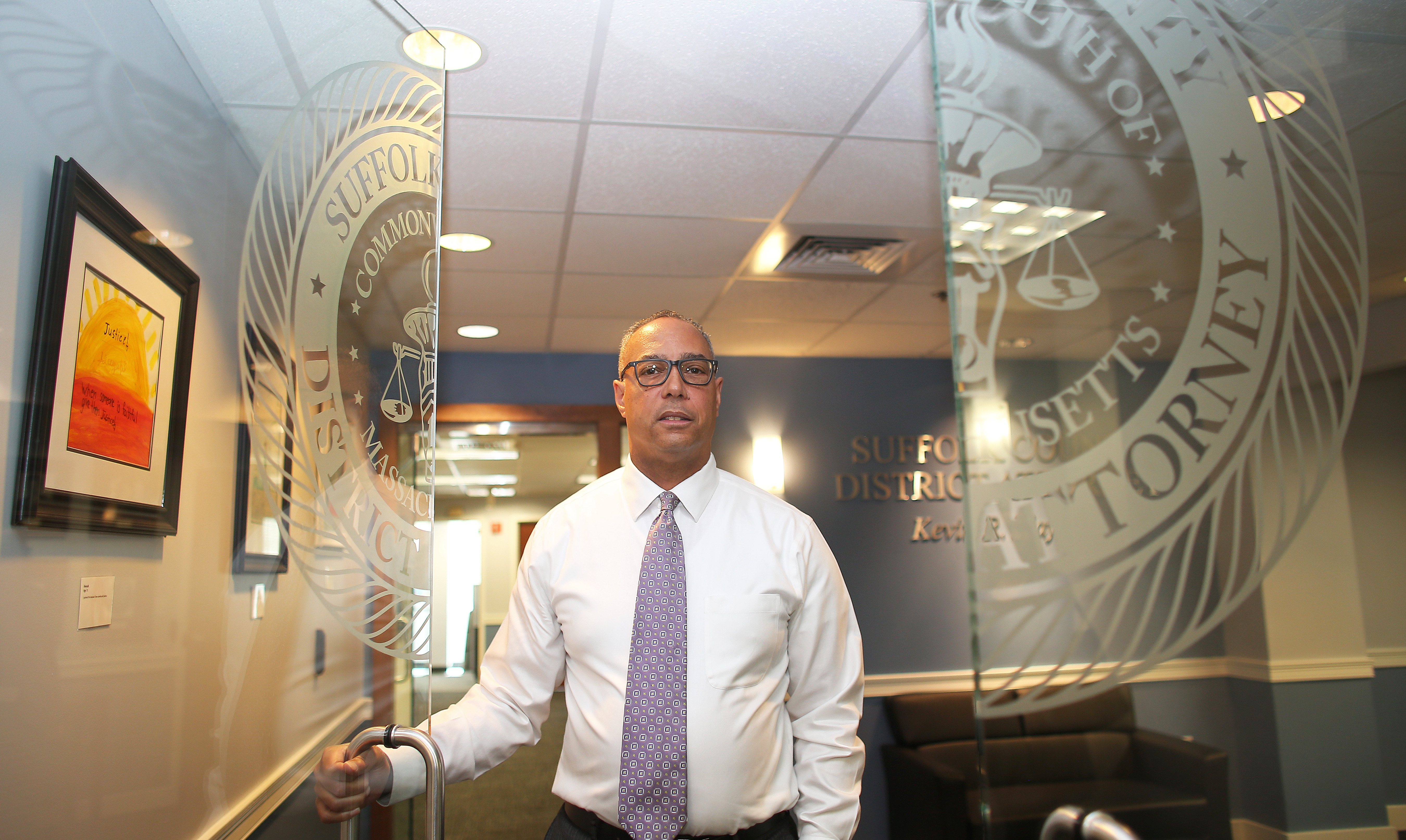Hoping to speed up the availability of a quick, reliable test for the Ebola virus, the Massachusetts Life Sciences Center said Tuesday it's awarding a $1 million "challenge grant" to a consortium of researchers working to perfect and commercialize a promising prototype.
"Finding a quick, accurate, affordable, and early way to diagnose Ebola is critical to containing and effectively treating this disease," Gov. Deval Patrick said at a State House announcement of the grant.
So far, the latest Ebola outbreak is estimated to have killed 6,800 people in West Africa and infected 10,000 more.
Among many joining Patrick for the announcement was Dr. Rick Sacra, the Christian medical missionary from Holden and assistant professor at the University of Massachusetts Medical Center, who was flown home from Liberia after contracting the virus while treating pregnant women in that country.
"With regard to rapid diagnostics for Ebola, I can tell you that as an Ebola survivor, quicker access to laboratory testing would make a huge difference in the treatment in West Africa," Sacra said.
The current test must be done in a lab and can take 10 hours or more -- and among other problems, that can mean physicians exposed to possible Ebola patients see their productivity grind to a halt.
"You have to treat that as an Ebola patient until you know that the test is negative. Well, that's very limiting. Once you put the [protective] suit on, you can only last about an hour in the tropical heat" before having to take a break from treating patients, Sacra said.
Massachusetts
The latest news from around the state
A consortium led by Cambridge-based Diagnostics For All is receiving the state grant. It includes researchers from Harvard University, The Broad Institute, UMass Medical School, GE Healthcare, Cambridge Consultants, Eiken, BBI Solutions, Impact Consultants, and Wellbody Alliance in Sierra Leone.
Diagnostics For All has perfected a prototype test that relies on a pinprick drop of blood on a slip of paper that registers whether the Ebola virus is present.
"The new test is cutting edge because it is rapid, needs no refrigeration or electricity, making it possible to test for Ebola without laboratory facilities," Patrick said.
The hope is with the $1 million challenge grant leveraging another $4.5 million, a version of the test costing well under $10 per administration can be brought to market within six months.
With videographer John J. Hammann and video editor Brian Butler



